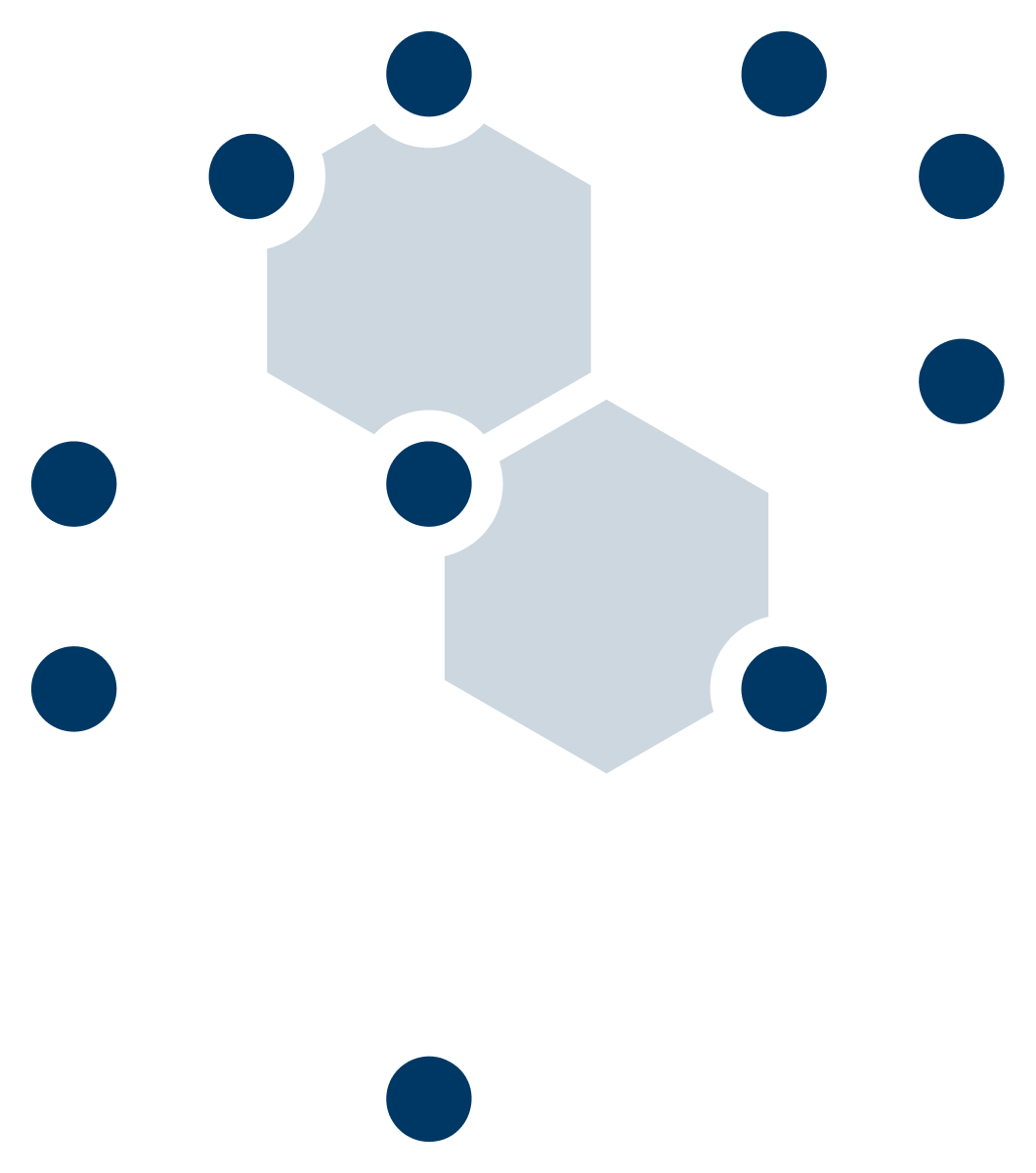.svg)
.svg)
Adhesive Advancements

Enhancing wood adhesives’ formulations lead to higher plant output and lower toxic emissions.
By Don McCloskey, VP, international markets, Franklin
Recent advancements in adhesives can help furniture manufacturers in India, China, Indonesia and other countries in Southeast Asia churn out the chairs, tables and desks – and continue on as the world’s fastest-growing producers of these and other wood products.
A number of adhesives manufacturers are developing products that reduce both production costs and cycle times for greater efficiency and higher productivity. At the same time, these manufacturers are increasingly sensitive to environmental concerns and toxic emissions standards. They are focusing on the production of ecologically friendly adhesives.
Developments in two wood adhesives, EPI and PVA, have improved their capacity to enhance productivity in the assembly plant and keep crews and the environment safe from toxic emissions.
EPI: Mainstream Choice
Most manufacturers of wood products are familiar with EPI (emulsion polymer isocyanate). It is a popular wood adhesive both in and beyond Southeast Asia. EPI is a two-component adhesive that requires manufacturers to mix a water-based emulsion containing hydroxyl groups with a protected isocyanate hardener. When water evaporates from the base polymer, the isocyanate reacts with the hydroxyl, forming strong urethane links.
Because they are cross-linked, EPI adhesives adhere to many substrates and also provide extremely high water- and heat-resistance. They can be used to manufacture highperformance panels and for exterior applications, such as window frames. They also are commonly used in the assembly of the wood furniture found in homes and offices in primary markets around the world.
A potential downside of any EPI is short pot life. Crews have limited time once the emulsion and isocyanate hardener are mixed before the adhesive begins to increase in viscosity, develop foam and decrease in performance. ReacTITE EP 925 from US-based Franklin International offers a longer pot life than the typical EPI adhesive. Its pot life exceeds one hour at 25 deg C. Longer pot life reduces waste in the plant and increases cost-efficiency.
PVA: Improving Reputation
Wood products plants in Southeast Asia are beginning to explore a common glue type for wood applications in other markets: PVA (polyvinyl acetate). PVA is a nearly century-old technology, developed in Germany in 1912. It is an emulsion of vinyl acetate polymers in water and is ideal for bonding many porous materials – particularly wood.
PVA adhesives in general have earned a strong following among independent woodworkers and industrialists alike. And no wonder: there are as many reasons to use this type of glue as there are applications for it.
First, PVA glue is versatile and is used in the production of furniture, windows and doors, plywood, flooring, cabinets, moulding, building components, fascia board – and all the parts that comprise these goods. It is not, however, recommended for structural applications, as they are prone to ‘creep’ or slowly stretch under long-term structural loads.
Although already competitively priced when compared to many other types of glue, PVA glue can further reduce production costs for the manufacturer. Some, however, come as one-component products (no plant time is spent mixing the product).
Further, unused glue remaining in the machinery can be saved and used the next day, reducing production costs. This water-based product is easily cleaned up with warm water, which reduces crew time in cleaning equipment and machinery. Its water base also is a factor in the glue’s non-toxicity. Most PVAs are safe for the user and the environment and typically meet US CARB requirements.
Although safe, PVAs also can be extremely strong. Crosslinked formulas can offer high heat- and water-resistance as well. At the same time, they typically enable lower press temperatures, which reduces stress on the wood and the risk of dangerous steam blows and blisters or bubbles that can damage end product.
Wood products manufacturers in many countries are pleased with the performance of PVA adhesives. At the same time, adhesives manufacturers have worked diligently to continue improving this emulsion for increased productivity and performance at plants in and beyond Southeast Asia.
Corporate Contact
Audrey L. Albright
Technical Marketing Specialist
E: audreyalbright@franklininternational.com
T: 1.800.877.4583
Corporate Contact
Mark Schroeder
Vice President of Marketing
E: markschroeder@franklininternational.com
T: 614.445.1507
Related Products
More information is available about our complete product offerings. Our experts can recommend specific solutions for your needs.



.png)
.svg)


.svg)